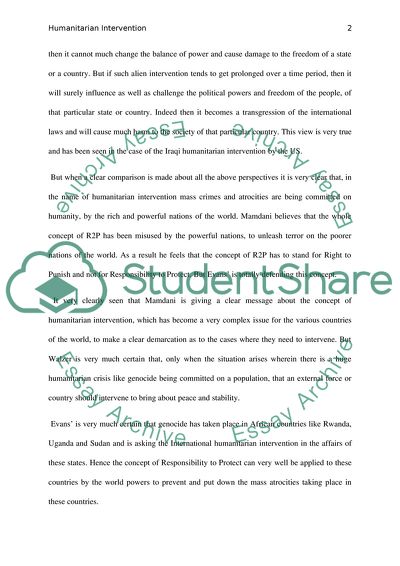Cite this document
(The Concept of Intervention and State Sovereignty Essay, n.d.)
The Concept of Intervention and State Sovereignty Essay. Retrieved from https://studentshare.org/politics/1763187-humanitarian-intervention
The Concept of Intervention and State Sovereignty Essay. Retrieved from https://studentshare.org/politics/1763187-humanitarian-intervention
(The Concept of Intervention and State Sovereignty Essay)
The Concept of Intervention and State Sovereignty Essay. https://studentshare.org/politics/1763187-humanitarian-intervention.
The Concept of Intervention and State Sovereignty Essay. https://studentshare.org/politics/1763187-humanitarian-intervention.
“The Concept of Intervention and State Sovereignty Essay”. https://studentshare.org/politics/1763187-humanitarian-intervention.


